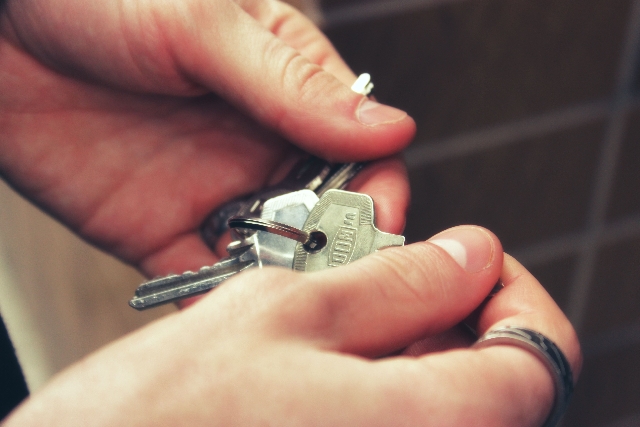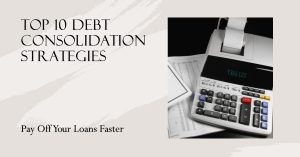There are many reasons to become a landlord, as well as many reasons not to. It is important to weigh the pros and cons of being a landlord before making the decision to rent out your property.
As a landlord, you will be responsible for maintaining the property, collecting rent, and dealing with tenants. You will also have the right to evict tenants who do not pay rent or damage the property.
However, being a landlord can be an expensive and time-consuming endeavour. You may need to hire a property manager to help you with day-to-day tasks, and you may also be liable for any damages caused by your tenants.
Ultimately, whether or not you become a landlord is up to you. If you are prepared to handle the responsibilities and risks that come with renting out your property, then it can be a great way to earn extra income.
Pros and Cons of Being a Landlord
There are many pros and cons of being a landlord. Some of the pros include having control over your property, setting your own rules and regulations, and being able to choose your tenants. However, some of the cons can include having to deal with difficult tenants, maintenance issues, and legal problems.
Being a landlord can be a very rewarding experience. You have the ability to be in control of your own property and make all of the decisions regarding who lives there and what the rules are. This can be a great way to ensure that only quality tenants are living in your space. Additionally, you may be able to charge more rent than if you were renting from someone else, giving you the potential for extra income.
However, there are also some challenges that come along with being a landlord. One of the biggest challenges is dealing with difficult tenants. There are many ways that you can deal with a problem tenant, but it is important to remember that your main goal should be to try and make the situation work. If possible, you should try to come up with solutions that will work for both parties involved.
What Does an Average Day Look Like As A Landlord
A day in the life of a landlord can vary greatly, but there are some common threads that run through most days. The first thing that most landlords do is check their rental properties to make sure everything is in order. This includes things like checking for damage, making sure the rent has been paid, and so on.
After that, it’s time to tend to any maintenance issues that may have come up. This could be anything from fixing a broken window to mowing the lawn. Landlords also have to deal with tenants who may have problems or questions.
The goal for most landlords is to keep their properties in good condition and their tenants happy. If they can do that, then it’s a successful day.
Tips for Renting Out Your Rental Property
As a rental property owner, you may be considering renting out your property to generate income. Here are some tips to help you get started:
1. Know your local laws and regulations. Before you start leasing out your rental property, make sure you are familiar with the laws and regulations in your area. This will help you avoid any potential legal issues down the road.
2. Screen tenants carefully. It is important to screen potential tenants carefully to ensure they will be responsible and respectful of your property. Conduct background checks and reference checks to learn more about each applicant before making a decision.
3. Have a written lease agreement. Once you have selected a tenant, be sure to have a written lease agreement in place that outlines the terms of the rental arrangement. This will protect both you and the tenant in case of any disputes that may arise during the tenancy.
4. Make sure your property is up to code and in compliance with all local ordinances. This will help ensure that your tenants are safe and that you’re not at risk of being fined or sued.
5. Set clear expectations from the beginning. Be sure to communicate your rules and guidelines to your tenants in writing, so there’s no confusion later on.
6. Stay organized and keep good records. Keep track of all payments, repairs, and other important information related to your rental property in one place. This will come in handy if any issues arise down the road.
How to Choose the Right Property for Your First Rental
The type of property you choose will also affect your ROI (return on investment). Single-family homes are typically the best choice for first-time investors. They are easier to manage than larger multifamily properties and usually have lower vacancy rates. Here are a few things to keep in mind when choosing an investment property:
Location is key – When it comes to real estate, location is everything. You want to choose a property that is located in an area with high rental demand.
Consider the condition of the property – It’s important to make sure that the property you’re considering is in good condition. Properties that need extensive repairs can be costly and time-consuming.
Think about your target tenant – It’s important to think about who you want to rent to when choosing an investment property. If you’re looking to rent to families, for example, you might want to choose a property with multiple bedrooms and bathrooms.
Another important factor to consider is your budget. How much can you afford to spend on down payments and monthly mortgage payments? Be sure to research all the investment properties before you jump in on one. If you fall under NDIS/SDA you might be able to grab some good NDIS properties. Also factor in additional costs such as repairs, insurance, and taxes.



